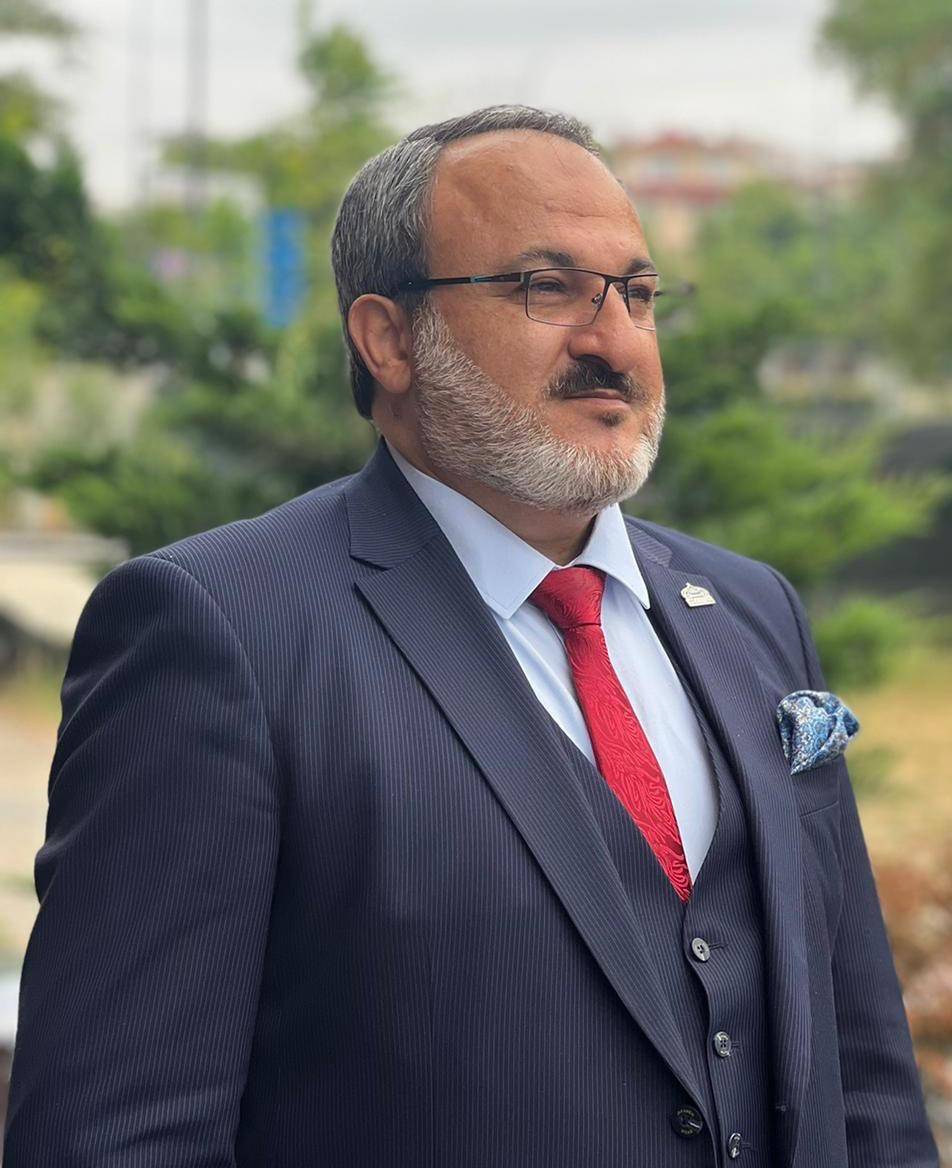Israel sees an existential threat in everything, because it is a state like no other; it cannot close its eyes at night and sleep soundly when the rest of the world is stormy. It was created after decades of a game between superpowers, and it maintains this balancing act today. This is very obvious during the war in Ukraine where, under pressure from the West, Israel is tending to favour the Ukrainians while hoping that Moscow understands the reasons why.
However, relations between Russia and Israel are deteriorating very fast as Tel Aviv has been forced to choose which side it is on. Claiming that the occupation state could act as a mediator between Russia and Ukraine is unrealistic; the war in Ukraine is not merely a dispute between neighbours, but a confrontation between the creators of Israel — Western Europe and the US — on one hand, and Russia on the other. Israel, of course, is indebted for its creation and ongoing existence to the Western Bloc, and no matter how much it proclaims its neutrality, the Russians know where its loyalties will eventually lie.
Israel’s position on the Ukrainian war was revealed by a comment from Foreign Minister Yair Lapid which Moscow believed to be anti-Russia and biased towards Kyiv. “It is impossible to remain indifferent in the face of the horrific images from the city of Bucha near Kyiv after the Russian army left,” tweeted Lapid. “Intentionally harming a civilian population is a war crime and I strongly condemn it.” Palestinian civilians noted the hypocrisy and irony of Lapid’s words. Israel also supported the UN General Assembly move to suspend Russia’s membership of the Human Rights Council, and sent aid to Ukraine.
READ: Russia warns Israel against supplying Ukraine with defensive gear
Russia responded by describing Israel’s position as “a poorly camouflaged attempt to take advantage of the situation in Ukraine to distract the international community’s attention from one of the oldest unsettled conflicts – the Palestinian-Israeli one.” It criticised Israeli policies and actions in the West Bank, stressing that it is part of the occupied Palestinian territories according to international law. Moscow also accused Israel of violating resolutions of both the UN Security Council and General Assembly by continuing its illegal occupation and creeping annexation of Palestinian land. The Russian foreign ministry pointed out that, as a result, more than 2.5 million Palestinians in the West Bank are now isolated from the rest of the world in separate enclaves. The ministry also criticised the Israeli land, sea and air blockade imposed on the Gaza Strip for 14 years and accused it of turning the coastal territory into an “open prison”.
![Israel's selective humanitarian façade: welcoming Ukrainians - Cartoon [Sabaaneh/Middle East Monitor]](https://i0.wp.com/www.middleeastmonitor.com/wp-content/uploads/2022/03/IMG_4624-1.jpeg?resize=920%2C571&ssl=1)
Israel’s selective humanitarian façade: welcoming Ukrainians – Cartoon [Sabaaneh/Middle East Monitor]
Israel knows that Moscow has many cards in its hand, and losing Russia will have a price to pay, not least in Syria. Russia’s permanent representative to the United Nations, Vasily Nebenzya, warned Israel during a meeting of UN Security Council that its “settlement plans in occupied Syrian Golan threaten to undermine regional stability.” Of course, Russia’s stand on the occupied status of the Golan Heights is not new, but this time Nebenzya’s warning was in a different context altogether.
From Ukraine to Palestine: The boycotting double standard
Israel is taking part in the US-led Ukraine defence summit where it will not be represented by Defence Minister Benny Gantz, a retired Chief of General Staff, but by a senior serving army officer. According to the Jerusalem Post, Gantz will be taking part in Holocaust Remembrance Day instead.
He announced earlier that Israel would be sending protective vests and helmets to rescue and emergency services in Ukraine and insisted that the shipment will not go to the Ukrainian military. However, there are signs that Israel may not stick to its word, not only because Ukrainian President Volodymyr Zelenskyy has been putting a lot of pressure on Tel Aviv for not providing weapons and defensive equipment, but also because the declared objective of the summit is all about arming Ukraine against Russia. The chairman of the US Joint Chiefs of Staff, General Mark Milley, told reporters that “a key goal” of the discussion was to coordinate security assistance to Kyiv, including heavy weapons.
As Israel is eventually compelled to pick which side it is on, the routine Russian objections to Israel’s violation of international laws and UN resolutions may not remain mere words, as they have been for the past five decades. They could, in fact, lead to Moscow allowing Iran and Hezbollah to benefit from its discontent with Israel by expanding their presence in Syria; Russia’s hand could also extend to Hamas and Islamic Jihad in Gaza. This is not fantasy. Anyone who knows the Middle East knows that switching sides is common, and that it always comes with a heavy price.
The views expressed in this article belong to the author and do not necessarily reflect the editorial policy of Middle East Monitor.

![Demonstrators gather at Habima Square in the centre of Israel's Mediterranean coastal city of Tel Aviv on March 20, 2022 to attend a televised video address by Ukraine's President Volodymyr Zelensky to the Israeli Knesset [JACK GUEZ/AFP via Getty Images]](https://i0.wp.com/www.middleeastmonitor.com/wp-content/uploads/2022/03/GettyImages-1239365972-scaled-e1648065636318.jpeg?fit=920%2C613&ssl=1)







